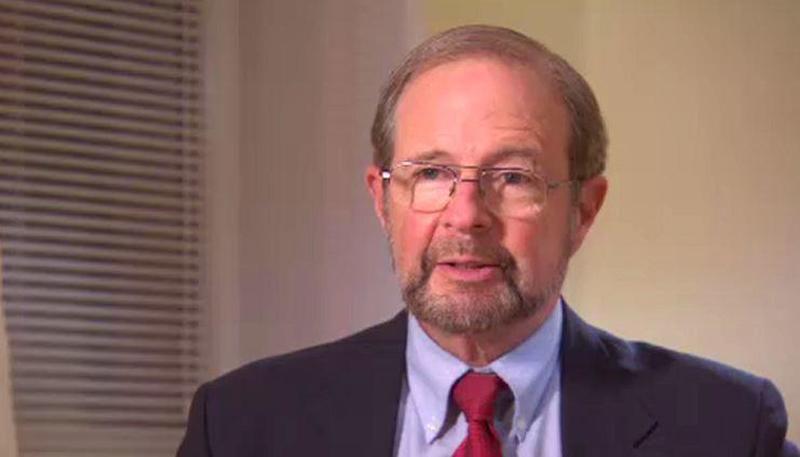Sen. Josh Hawley, R-Mo., is turning up the heat on an issue that is sure to spark outrage in Silicon Valley.
Hawley, a tech critic, introduced legislation on Wednesday that would remove the immunity big technology companies receive under Section 230 of the Communications Decency Act of 1996. The CDA protects online platforms such as Facebook, Twitter and Google’s YouTube from liability for the content users post. However, companies will be able to earn immunity from the crackdown if they submit to audits every two years to prove their algorithms and content-removal practices are “politically neutral.”
The idea of limiting Section 230 immunity has earned bipartisan support in recent years, as the companies have struggled to keep offensive and illegal content, ranging from terrorist propaganda to foreign-influenced election meddling, off their platforms.
Repealing the immunity provision could force these companies to use an editorial system where every piece of user-posted content would have to be vetted for illegal or libelous material before it’s posted, instead relying on algorithms and human checkers to scan it after it was already online and had a chance to spread to millions of people. This would fundamentally alter the business models of companies that depend on huge volumes of user-generated content, including all the big social networks.
The immunity provision of Hawley’s bill echoes concerns from other politically conservative lawmakers that these platforms are censoring right-wing voices by unfairly removing them from the platform. For instance, Sen. Ted Cruz, R-Texas, hammered Facebook CEO Mark Zuckerberg about alleged political bias during the executive’s testimony before Senate in April 2018.
“With Section 230, tech companies get a sweetheart deal that no other industry enjoys: complete exemption from traditional publisher liability in exchange for providing a forum free of political censorship,” said Hawley. “Unfortunately, and unsurprisingly, big tech has failed to hold up its end of the bargain.”
























